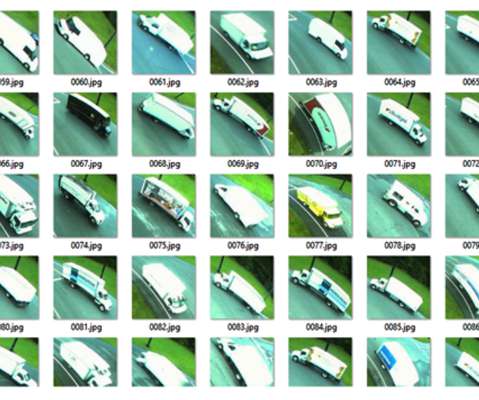Volkswagen targets reducing environmental impact of its plants by 25% by 2018
Green Car Congress
DECEMBER 29, 2011
Initiative, the Volkswagen Passenger Cars brand has set targets to reduce for the environmental impact of all Volkswagen plants by 25% values by 2018. This applies especially to energy consumption, waste volumes, airborne emissions, water consumption and carbon dioxide emissions.












Let's personalize your content